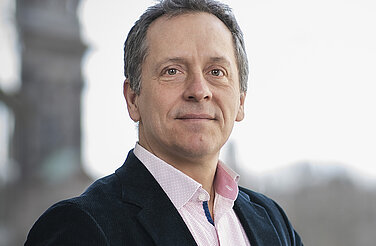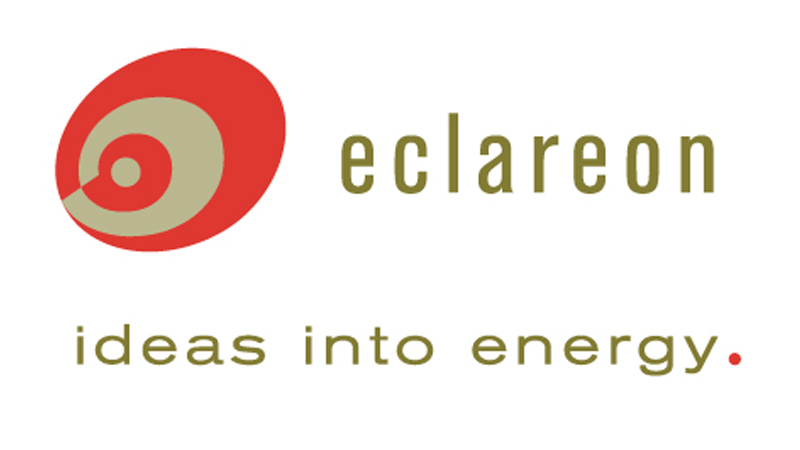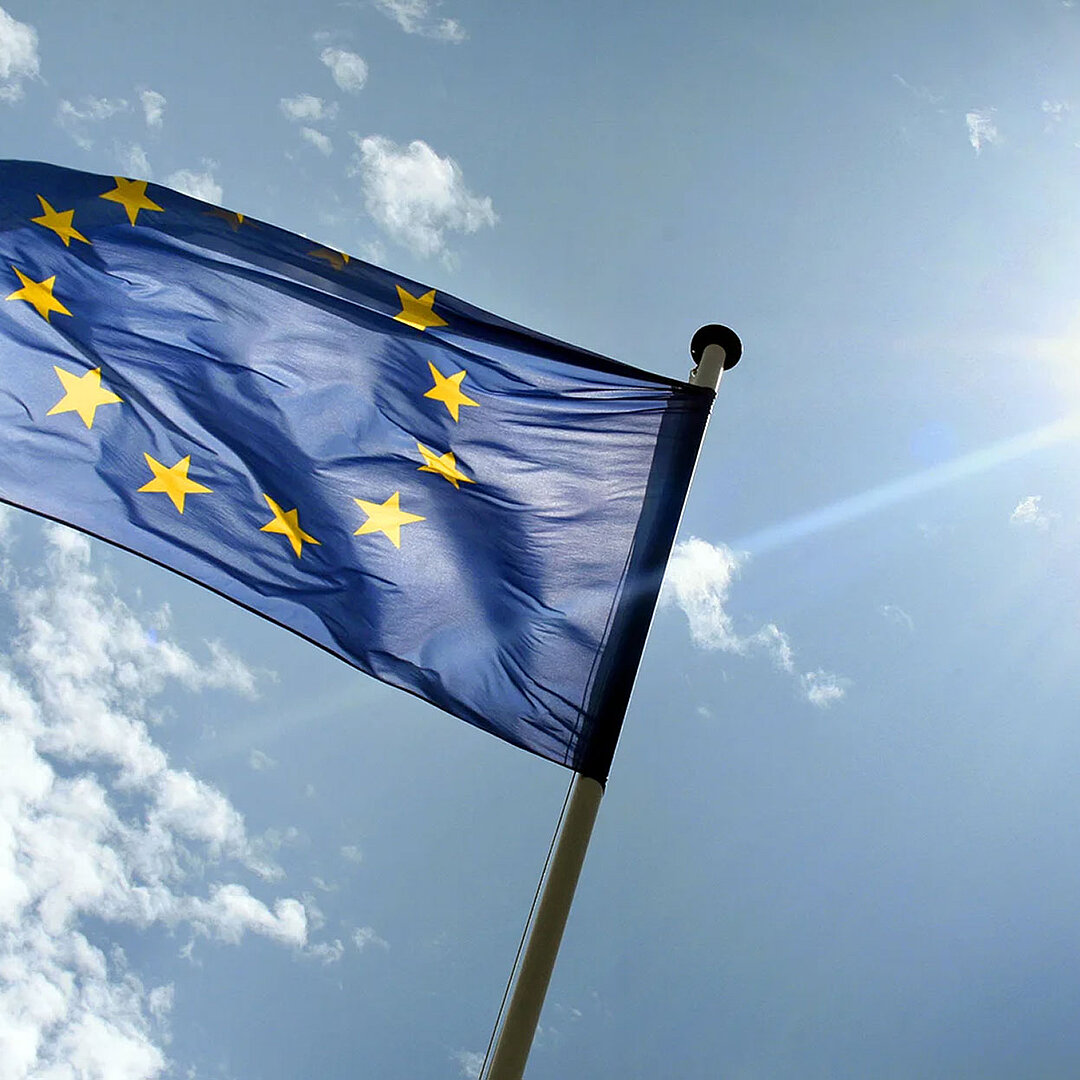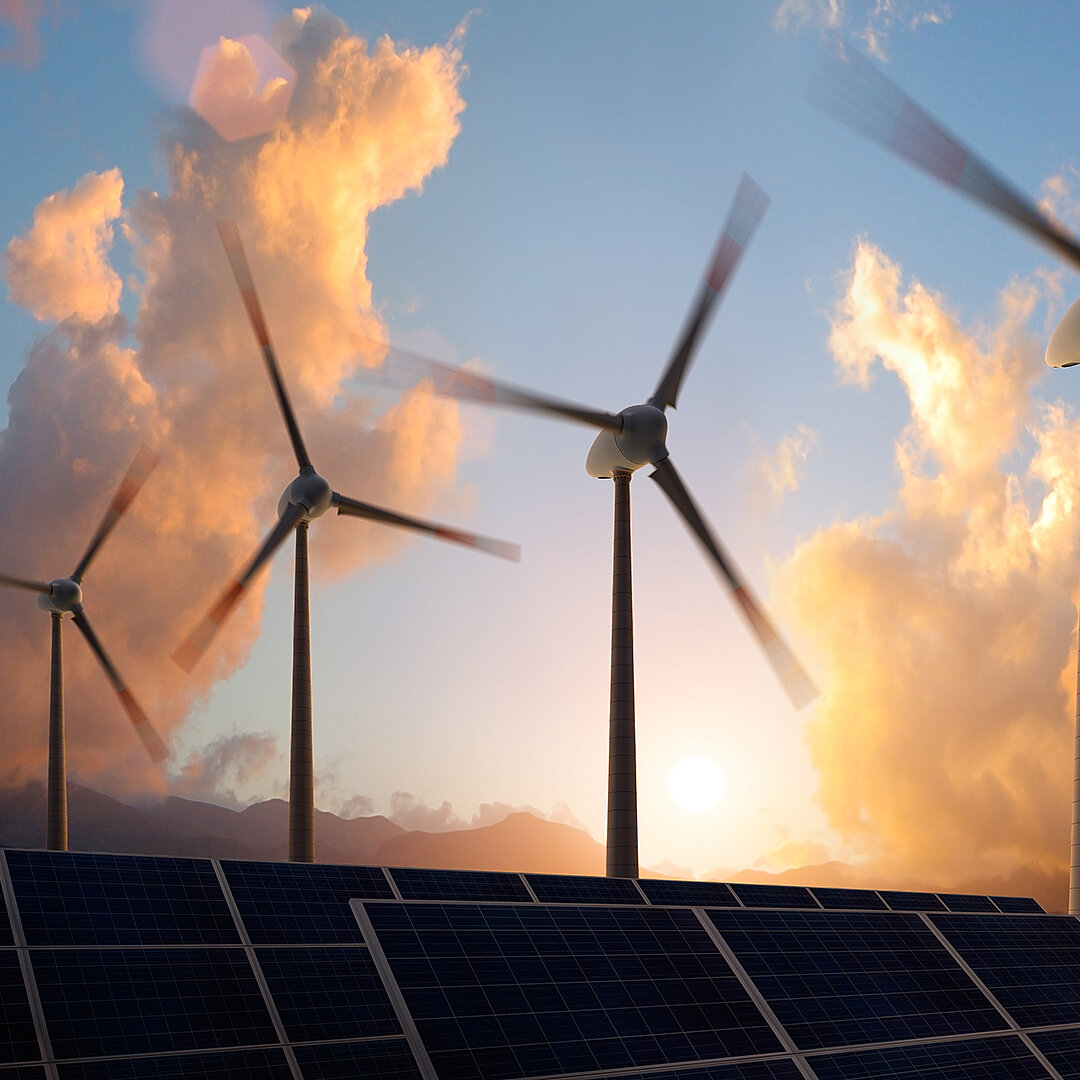-
Europe needs a “Renewable Energy Cost Reduction Facility (RES-CRF)” to fill the high-cost-of-capital-gap which currently exists in many member states in Central and South-Eastern Europe.
Wind and solar are today cheap technologies that are on equal footing with coal and gas. However, high cost of capital oftentimes hinders renewables projects from going forward, even when there is excellent potential. Bridging that gap, a RES-CRF will bring significant cost savings to consumers and taxpayers in those countries
-
The RES-CRF would provide a fifty-fold leverage of private-sector finance and will phase-out automatically as market confidence in high cost of capital Member States increases.
The risk of the financial guarantee underpinning the RES-CRF ever being called is very small. We propose a set of concrete safeguards to ensure only high quality renewable energy investments will benefit and to avoid over-commitments.
-
The next EU Multiannual Financial Framework should be used to finance the RES-CRF as a cheap support for the 2030-targets.
Committed public funds to implement Article 3.4 of the new EU Renewable Energy Directive would create scope for establishing the RES-CRF. This would help Europe to meet its 2030-renewable energy target and enable all Member States to benefit from low-cost renewable energy.
-
A pilot project should be launched before 2020 for proof of concept.
A key design feature of the RES-CRF is its flexibility. Being largely based on contractual arrangements, it can be tested in specific sectors or Member States before a wider roll-out. Launching a pilot project before 2020 would help strengthen confidence in the instrument. A pilot can be financed from the running EU budget.
Reducing the cost of financing renewables in Europe
Report of a multi-stakeholder dialogue on the proposed EU Renewable Energy Cost Reduction Facility
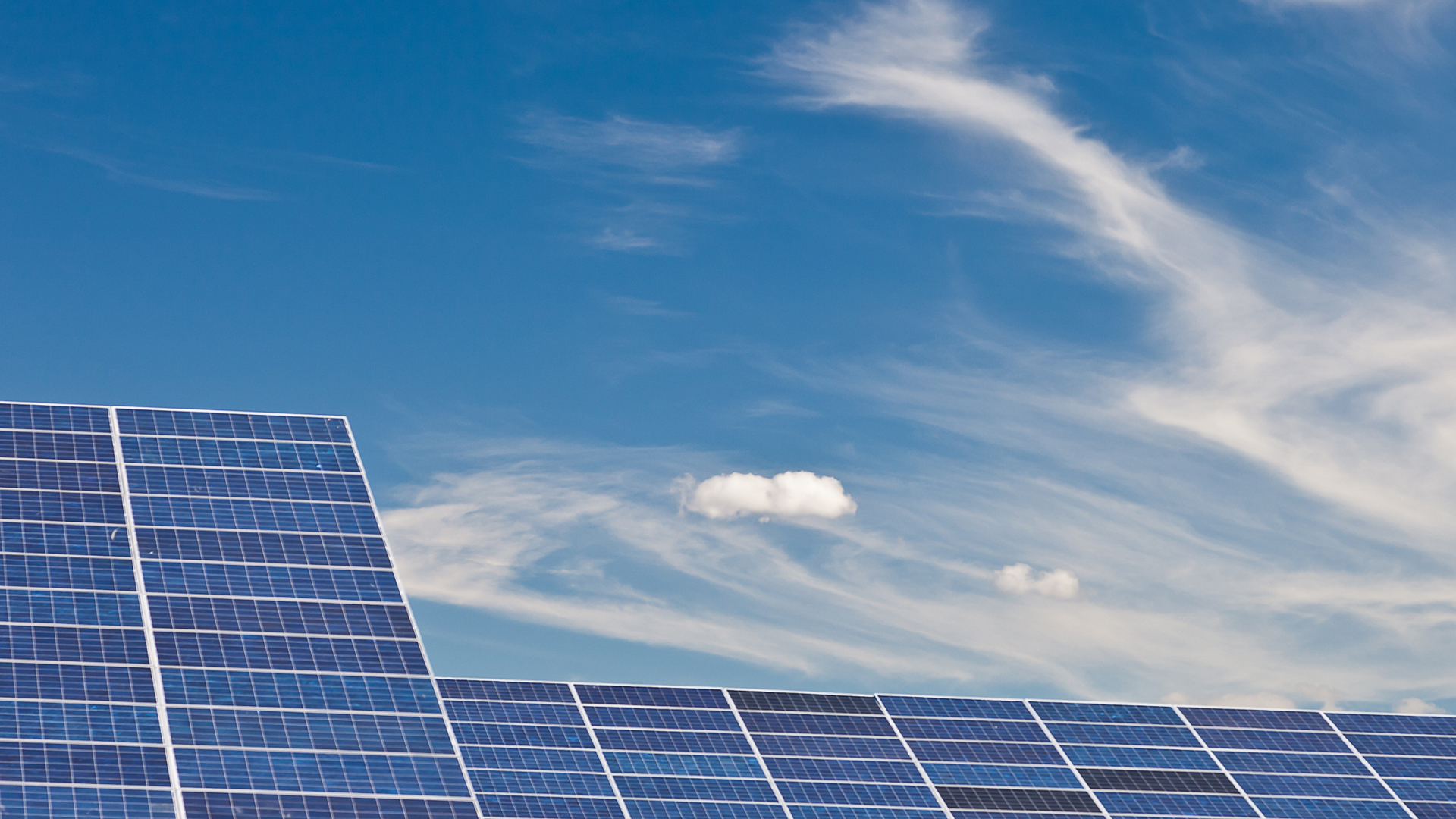
Preface
With climate change progressing at rapid pace, it is imperative to rapidly reduce power sector emissions. Fortunately, wind (both onshore and offshore) and solar photovoltaics can today be realized in many regions of Europe at lower cost than any other type of generation technology.
However, not all EU Member States stand to fully reap the benefits of low-cost renewables. Particularly in Central and South-Eastern Europe, high financing costs stand in the way of unlocking the vast low-cost renewable energy potential. Indeed, in some countries in the region renewables still seem un-competitive vis-à-vis new investment into coal-fired generators – just because the capital costs are too high. Innovative thinking to unlock the full potential of low-cost renewable energy across the European continent is thus needed.
The draft EU Renewable Energy Directive recognizes this. Article 3.4 of the proposed Directive would oblige the Commission to create an enabling framework for reducing the cost of capital of renewable energy projects and thereby support high ambition of Member States. Against this background, Agora Energiewende organized a Multi-Stakeholder Dialogue with representatives from EU institutions, public and private finance, project development and think tanks. Building on our report from September 2016, “Reducing the cost of financing renewables in Europe”, the dialogue concentrated on the concept of a European Renewable Energy Cost Reduction Facility that would help to lower the financing costs for renewable energy investments in select EU Member States with high cost of capital. This report is the result of that dialogue. It presents a concrete proposal for placing the Renewable Energy Cost Reduction Facility into the EU legislative framework and the EU budget.
We look forward to discussing this proposal with decision-makers and stakeholders involved in the Clean Energy for All Europeans-Package and the future EU-budget.

